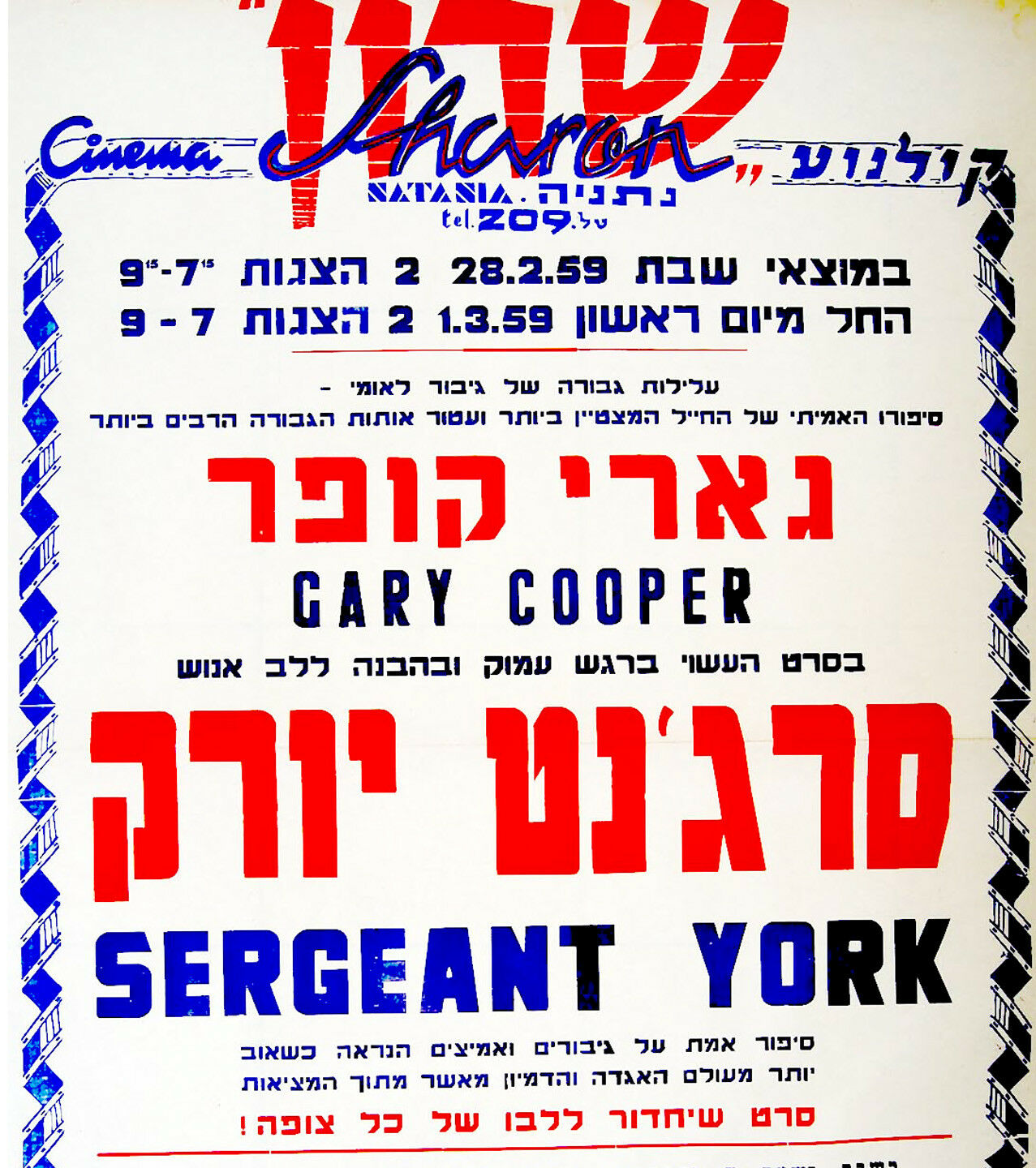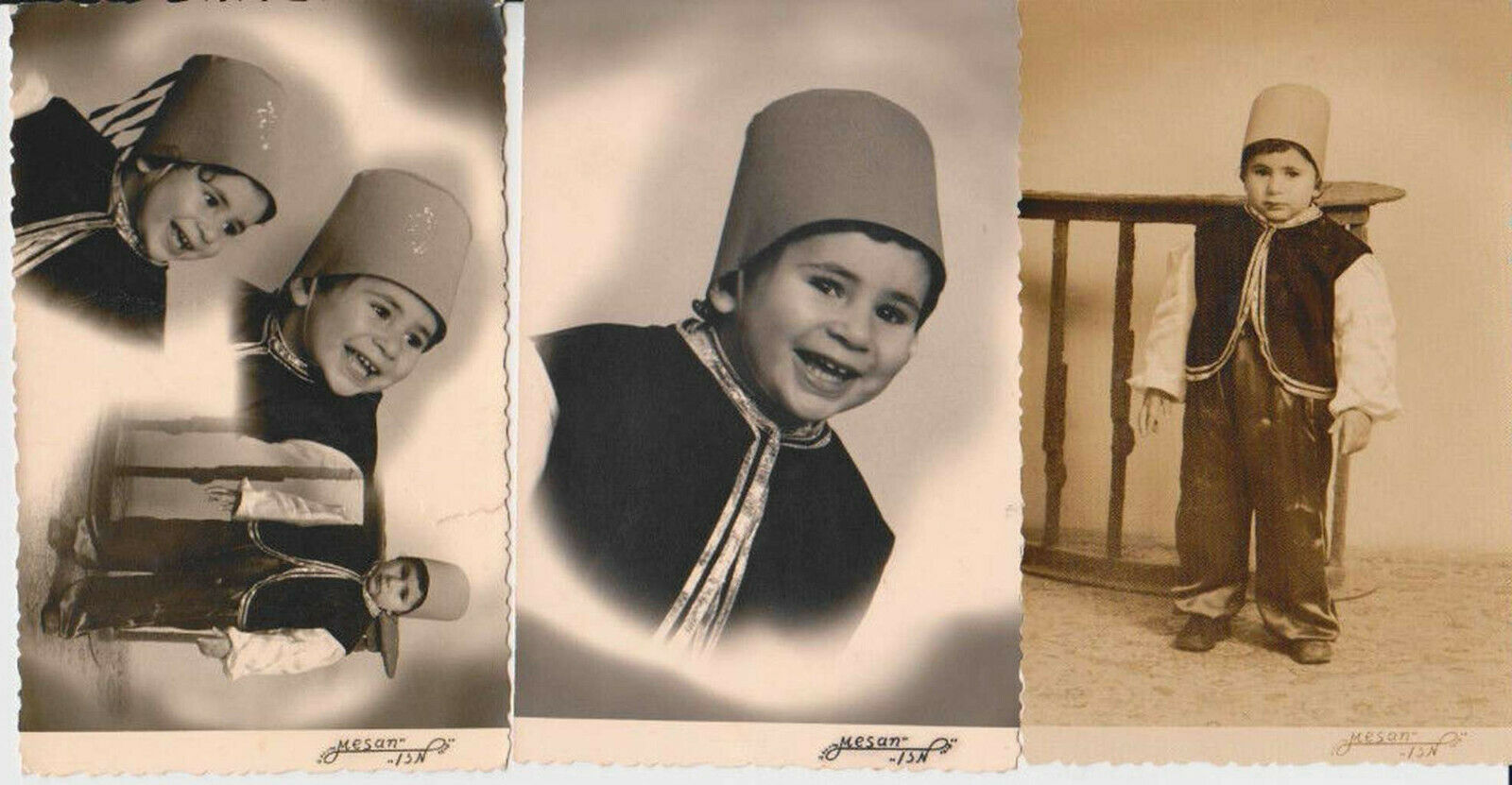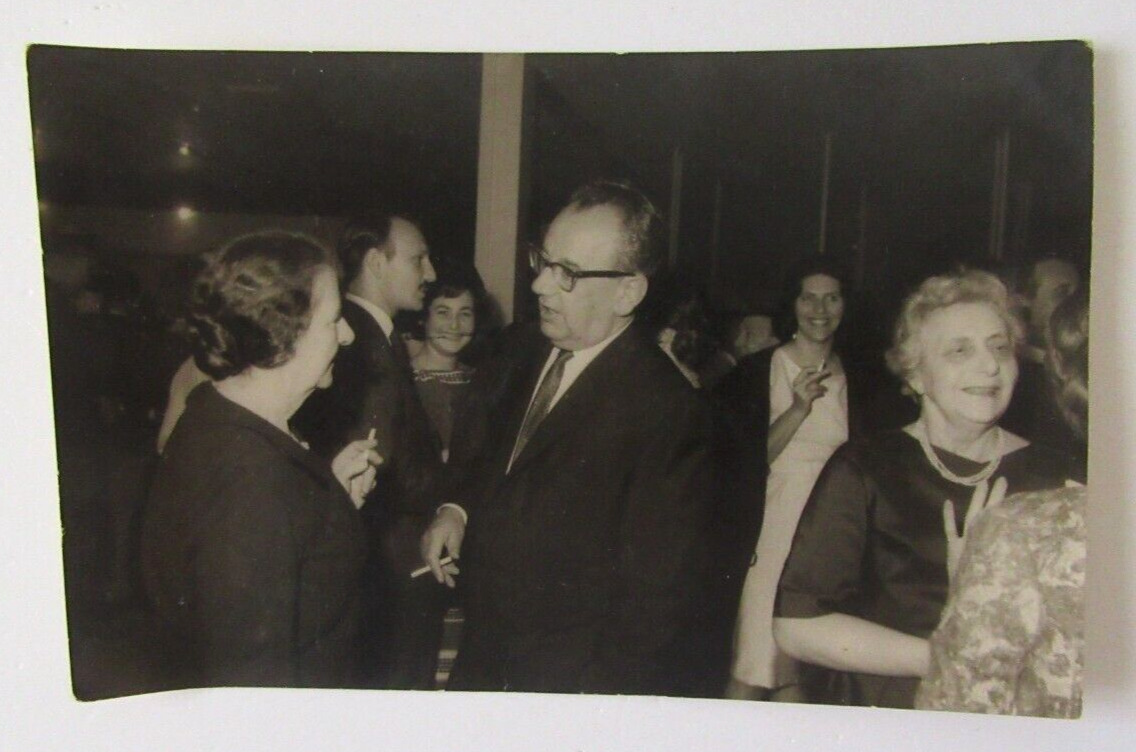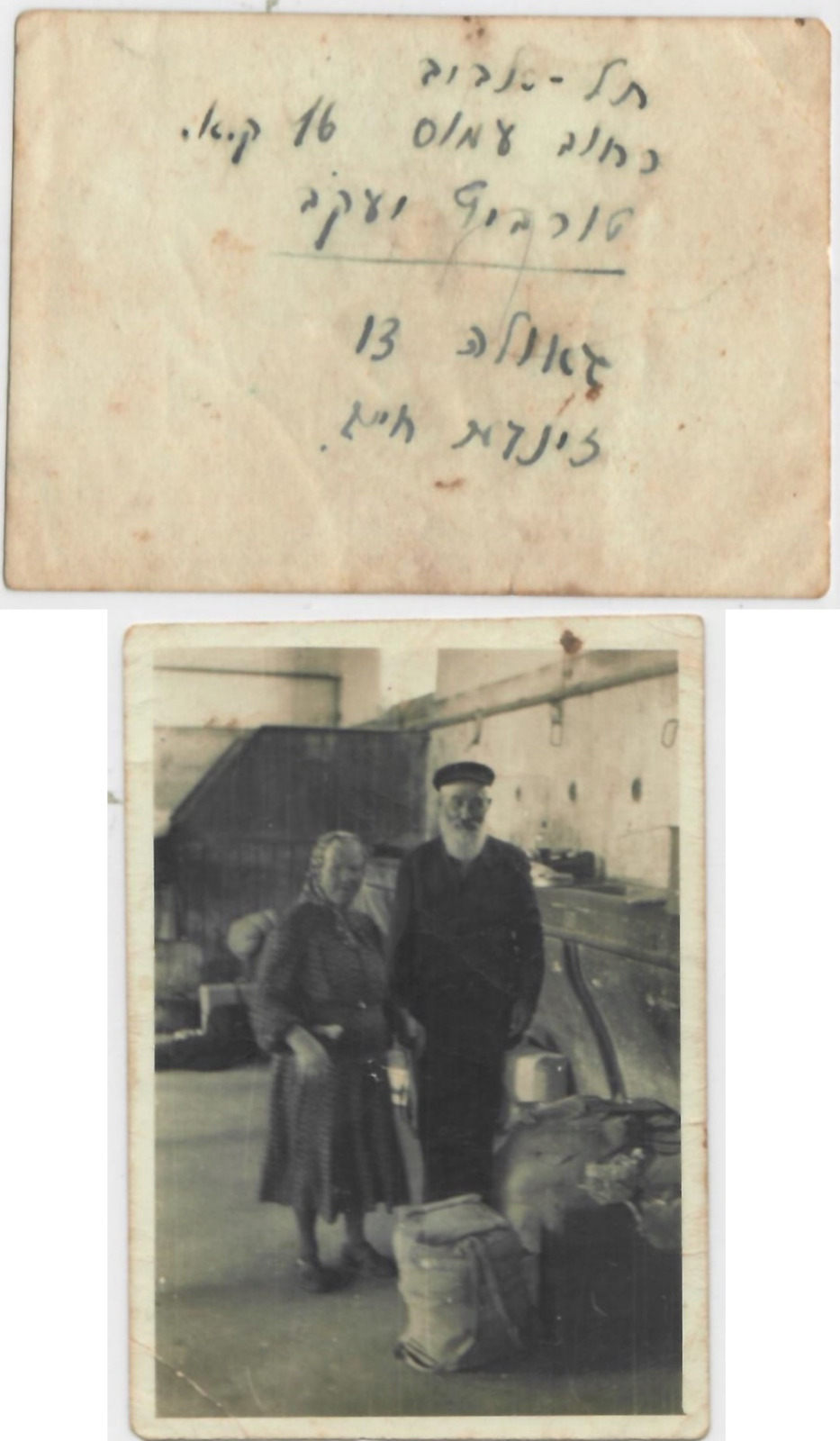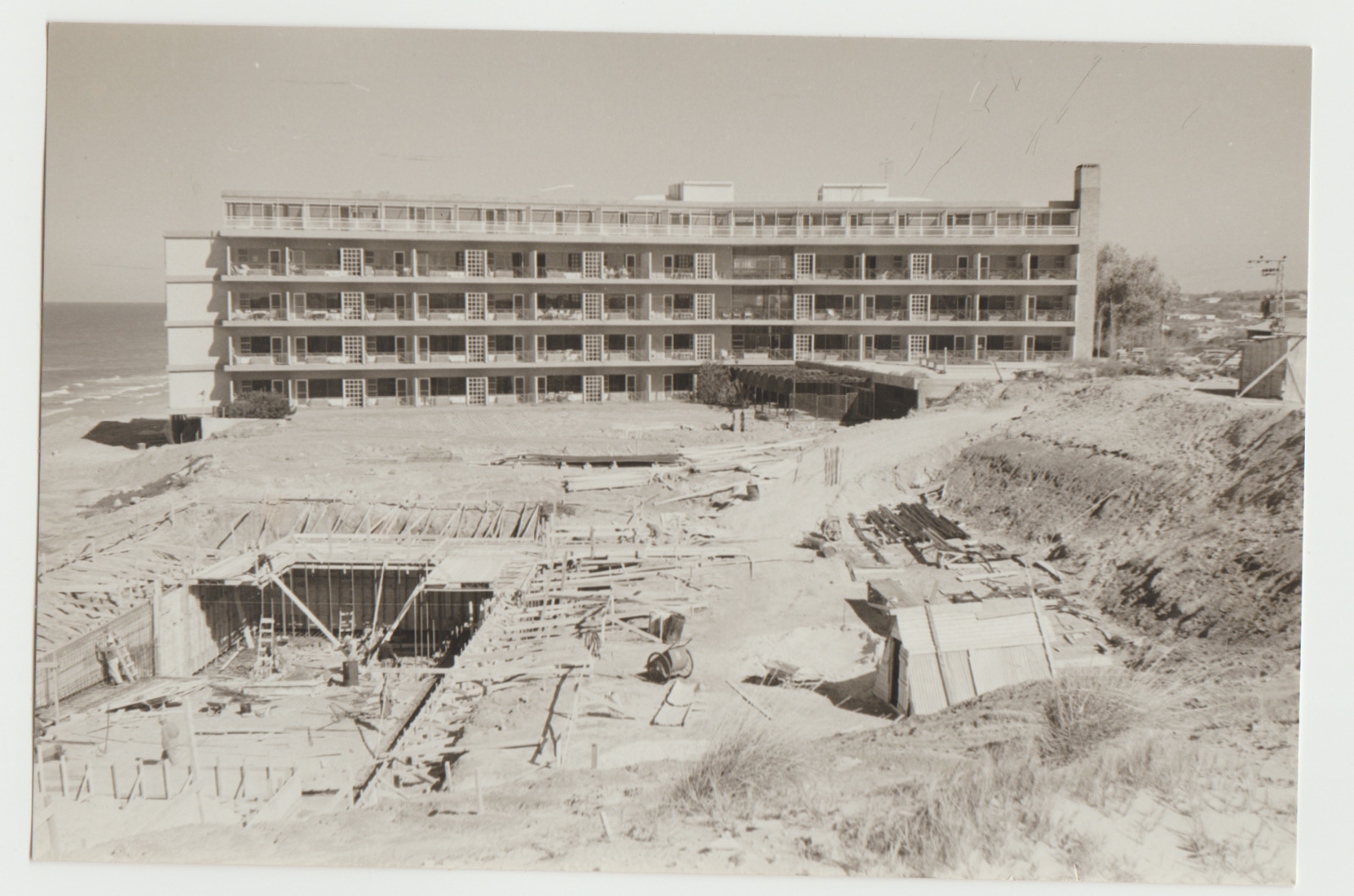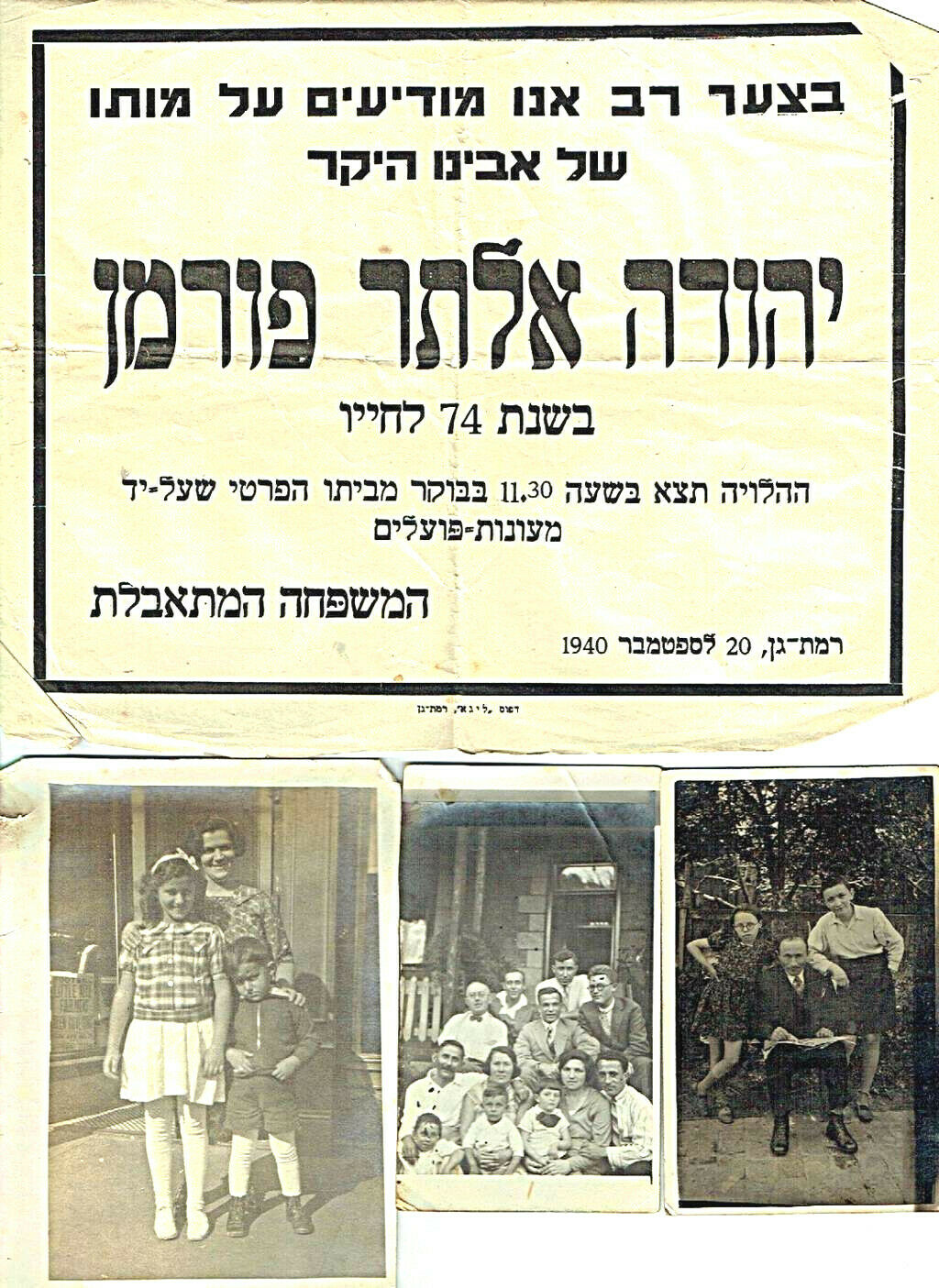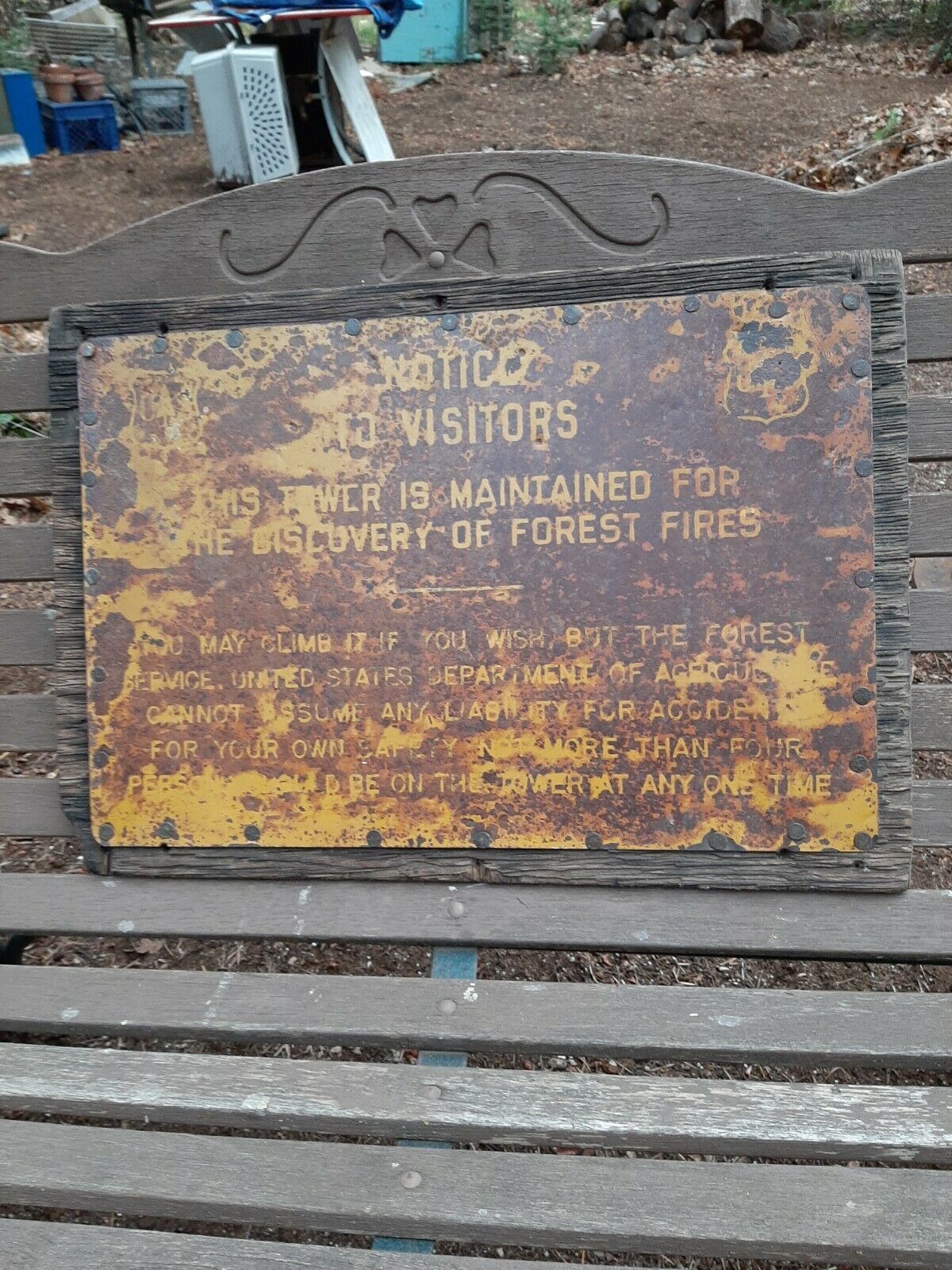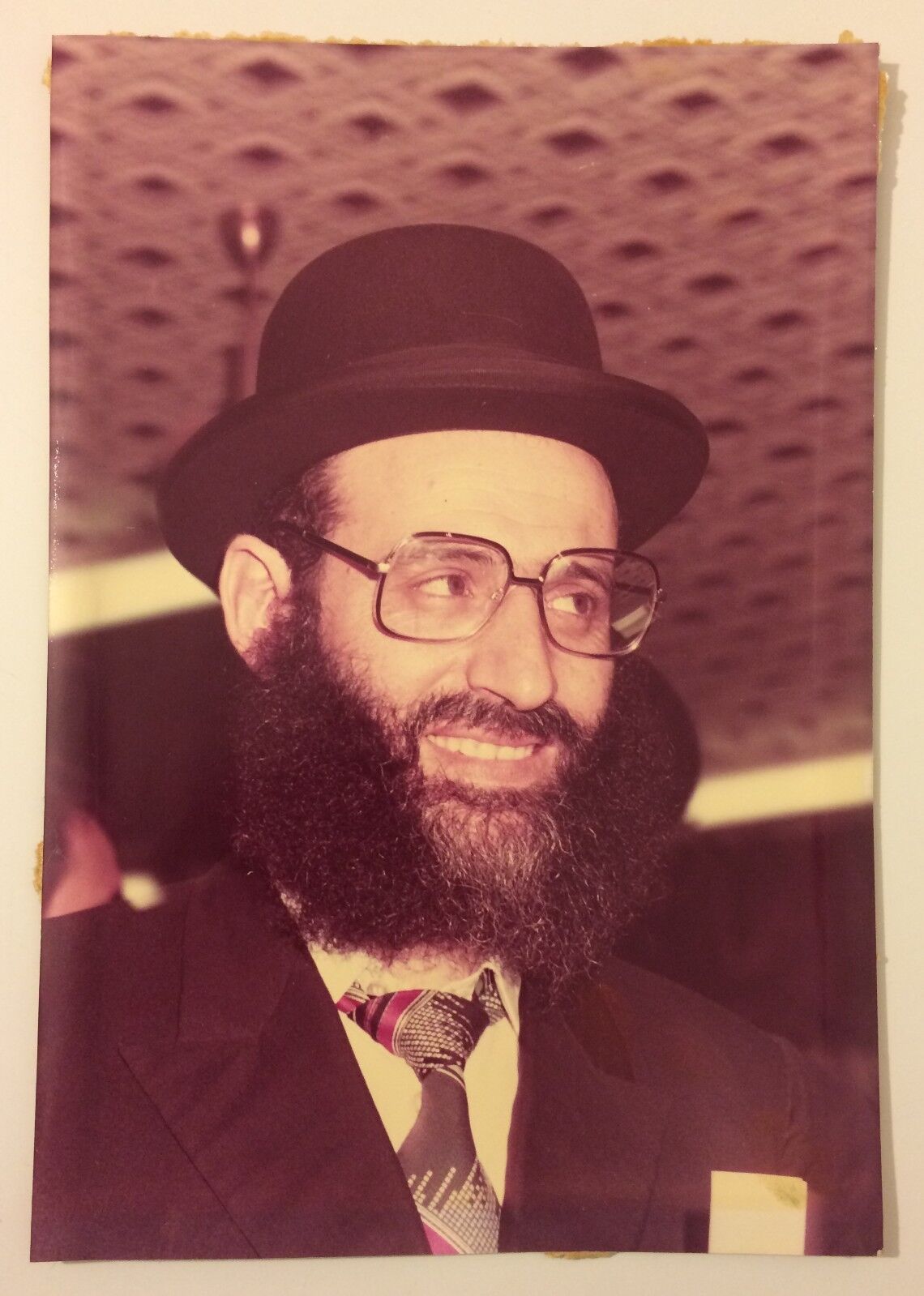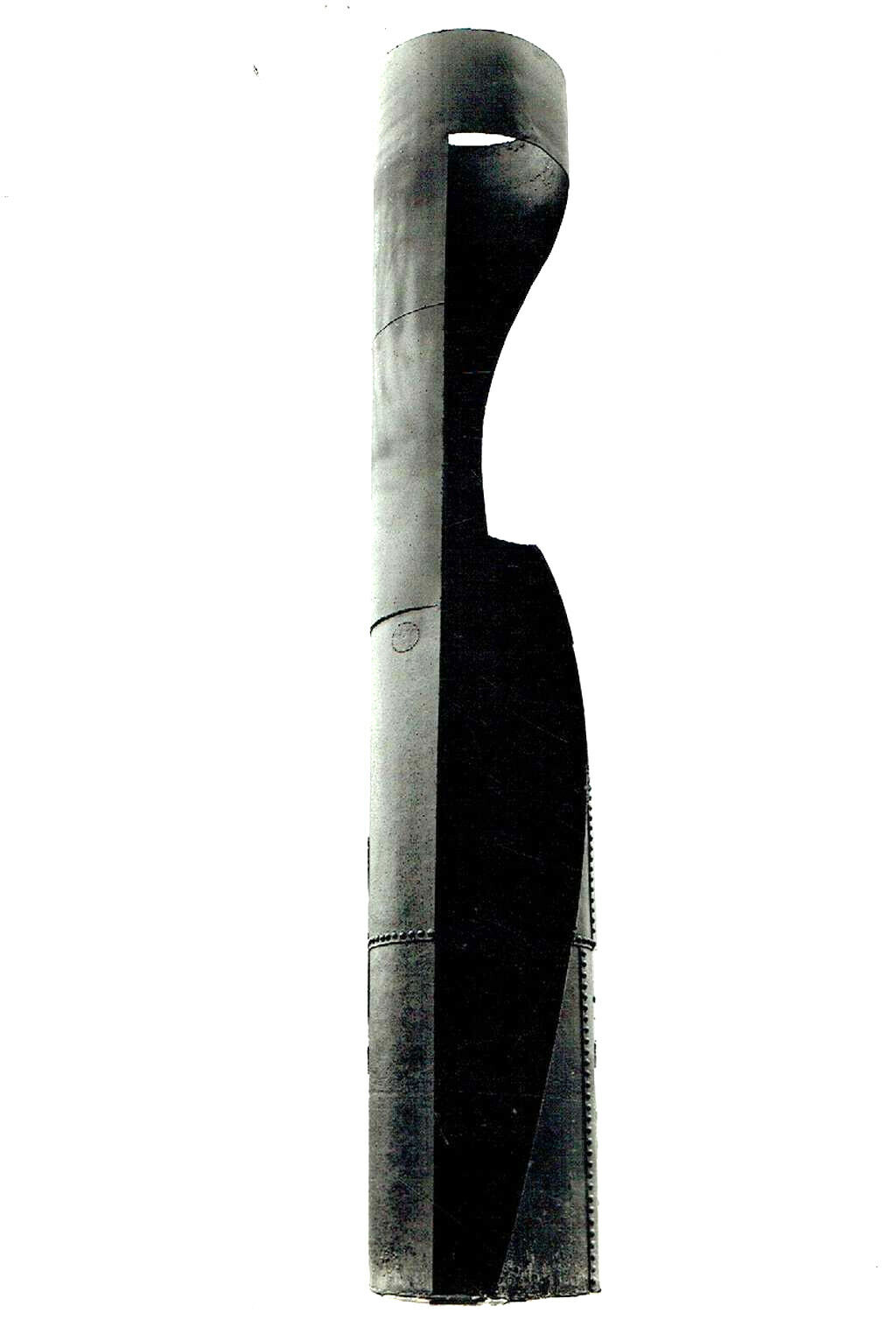-40%
1959 Movie RARE ORIGINAL FILM POSTER Israel SERGEANT YORK Gary COOPER Hebrew WW2
$ 44.64
- Description
- Size Guide
Description
DESCRIPTION: Here for sale is an EXCEPTIONALY RARE and ORIGINAL Jewish - Judaica POSTER for the ISRAEL 1959 re-release projection of the legendary and Academy awards ( Oscar ) winner and nominee WW2 WAR film "SERGEANT YORK " , Starring GARY COOPER in the small rural town of NATHANYA in ISRAEL
. The cinema-movie hall
"CINEMA SHARON" , A local Israeli "Cinema Paradiso" was printing manualy its own posters , And thus you can be certain that this surviving copy is ONE OF ITS KIND. Fully DATED 1959 . Text in HEBREW and ENGLISH
. The ISRAELI distributors of the film have given it an entirely new HEBREW text which is quite archaic and amusing : " ........The HEROIC ANNALS of a NATIONAL HERO......The TRUE STORY of the FINEST and MOST DECORATED SOLDIER.....Made with DEEP EMOTIONS and UNDERSTANDING of the HUMAN SOUL.....A STORY which looks as if taken from LEGENDS and IMAGINATION than a TRUE STORY.....And MORE and MORE " .
A bonus to the buyer - Matinee show of an Indian film , The musical "The GIANT of BAGDAD". GIANT size around 24" x 38" ( Not accurate ) . Printed in red and blue on white paper. The condition is very good . One central fold . Quite clean . Slightly stained on top margins only. ( Pls look at scan for accurate AS IS images ) Poster will be sent rolled in a special protective rigid sealed tube.
AUTHENTICITY
:
The POSTER is fully guaranteed ORIGINAL from 1959 ( Fully dated ) , It is NOT a reproduction or a recently made reprint or an immitation , It holds a with life long GUARANTEE for its AUTHENTICITY and ORIGINALITY.
PAYMENTS
:
Payment method accepted : Paypal
& All credit cards
.
SHIPPMENT
:
SHIPP worldwide via registered airmail is $ 25 . Poster will be sent rolled in a special protective rigid sealed tube.
Will be sent around 5 days after payment .
Sergeant York is a 1941 biographical film about the life of Alvin York, one of the most-decorated American soldiers of World War I. It was directed by Howard Hawks and was the highest-grossing film of the year.[2] The film was based on the diary of Sergeant Alvin York, as edited by Tom Skeyhill,[3] and adapted by Harry Chandlee, Abem Finkel, John Huston, Howard Koch, and Sam Cowan (uncredited). York refused, several times, to authorize a film version of his life story, but finally yielded to persistent efforts in order to finance the creation of an interdenominational Bible school. The story that York insisted on Gary Cooper for the title role derives from the fact that producer Jesse L. Lasky recruited Cooper by writing a plea that he accept the role and then signed York's name to the telegram.[4] Cooper went on to win the Academy Award for Best Actor for his portrayal. The film also won for Best Film Editing and was nominated in nine other categories, including Best Picture, Director (Hawks), Supporting Actor (Walter Brennan), and Supporting Actress (Margaret Wycherly). The American Film Institute ranked the film 57th in the its 100 most inspirational American movies. It also rated Alvin York 35th in its list of the top 50 heroes in American cinema. In 2008, Sergeant York was selected for preservation in the United States National Film Registry by the Library of Congress as being "culturally, historically, or aesthetically significant". Contents [hide] 1 Plot 2 Cast 3 Reception 4 References 5 Further reading 6 External links Plot[edit] Alvin York (Gary Cooper), a poor young Tennessee hillbilly, is an exceptional marksman, but a ne'er-do-well prone to drinking and fighting, which does not make things any easier for his patient mother (Margaret Wycherly). He then meets winsome Gracie Williams (Joan Leslie), and works night and day at strenuous odd jobs to accumulate the payment for a certain "bottomland" farm so she'll marry him. Alvin is given an option on the bottomland by its owner as part of a gentleman's agreement that Alvin can raise the purchase price in sixty days. On the very day payment is due, he wins the final needed amount at a target-shooting contest, but discovers the owner has reneged and, instead, already sold the farm to Alvin's romantic rival, Zeb Andrews. Alvin drinks heavily and swears revenge. Late that night, Alvin is struck by lightning during a rainstorm while en route to attack the man who had cheated him. He survives the lightning strike, but his mule is knocked down and his rifle is destroyed. Finding himself outside the church house where a revival meeting is being held, he enters and undergoes a religious awakening and vows never to get angry at anyone ever again. He makes amends with the men who cheated him out of the land, and tries to with Gracie. When the U.S. declares war in World War I and York is drafted into the army, he tries to avoid induction into the Army as a conscientious objector, but is denied since his church has no official standing. He reluctantly reports to Camp Gordon for basic training. His superiors discover that he is a phenomenal marksman and decide to promote him to corporal. York still wants nothing to do with the Army and killing. Major Buxton (Stanley Ridges), his sympathetic commanding officer, tries to change York's mind, citing sacrifices made by others all throughout the history of the United States. He gives York a leave to go home and think it over. He promises York a recommendation for his exemption as a conscientious objector if York remains unconvinced. While York is fasting and pondering, the wind blows his Bible open to the verse "Render therefore unto Caesar the things which are Caesar's; and unto God the things that are God's." York reports back for duty and tells his superiors that he can serve his country, despite not having everything figured out to his satisfaction, leaving the matter in God's hands. York is still ridiculed by some superiors for his beliefs, until he demonstrates his skill in firing his rifle to the surprise of all. His unit is shipped out to Europe and participates in an attack during the Meuse-Argonne Offensive on October 8, 1918. Pinned down by deadly machine gun fire, the lieutenant orders Sergeant Early (Joe Sawyer) to take some men and try to attack the machine gun nests from behind. York suddenly finds himself the last remaining unwounded non-commissioned officer in the detachment, and is placed in command by Early. Seeing his comrades being shot down all around him, his self-doubt disappears. He works his way to a position flanking the main enemy trench and, as a sniper, fires individual rifle shots with such devastating effect that the Germans surrender. Then, York forces a captured officer (Charles Esmond) at gunpoint to order the Germans still fighting in another section of the line to also surrender. He and the handful of other survivors end up with 132 prisoners. York becomes a national hero and is awarded the Medal of Honor. When Major Buxton asks him why he did what he did, York explains that he was trying to save the lives of his men. Arriving in New York City, York receives a ticker tape parade and a key to the city. He is impressed with the Waldorf-Astoria hotel and its indoor electricity. Congressman Cordell Hull guides him through the city and informs him that he has been offered opportunities to commercialize on his fame, all totaling around 0,000. York mentions the bottomland he wanted and Hull responds he could buy it with the money. York rejects the offers, however, saying that he was not proud of what he did in the war, but it had to be done. He tells Hull he wants to go home. He returns to Tennessee. The people of his home state have purchased for him the bottomland farm he wanted and paid for a house built on the land. Cast[edit] Gary Cooper as Alvin York Walter Brennan as Pastor Rosier Pile Joan Leslie as Gracie Williams Margaret Wycherly as Mary Brooks York, Alvin's mother George Tobias as Private Michael T. "Pusher" Ross, a soldier from New York City; one of Alvin's friends Stanley Ridges as Major Buxton Ward Bond as Ike Botkin Noah Beery Jr. as Buck Lipscomb June Lockhart as Rosie York, Alvin's sister Dickie Moore as George York, Alvin's younger brother Clem Bevans as Zeke Howard Da Silva as Lem Charles Trowbridge as Cordell Hull Harvey Stephens as Captain Danforth David Bruce as Private Bert E. Thomas, another soldier who becomes one of Alvin's friends Carl Esmond as German Major (as Charles Esmond) Joe Sawyer as Sergeant Early Pat Flaherty as Sergeant Harry Parsons Robert Porterfield as Zeb Andrews Erville Alderson as Nate Tomkins James Anderson as Eb Frank Faylen as But! Boy Uncredited Cast Joseph W. Girard as John J. Pershing Sonny Bupp as Boy in Sunday School Tully Marshall as Uncle Lige Douglas Wood as Major Hylan Russell Hicks as General Victor Kilian as Andrews Gig Young as marching Soldier June Lockhart is the last surviving primary cast member. Reception[edit] Sergeant York was a spectacular success at the box office and became the highest-grossing film of 1941. It remains one of the highest-grossing films of all time when adjusted for inflation.[5] It benefited from the attack on Pearl Harbor, which occurred while the film played in theaters. The film's patriotic theme helped recruit soldiers; young men sometimes went directly from the movie theater to military enlistment offices.[6]:156–157 After its initial release, the film was frequently re-shown at theaters all over America during the war as a quick replacement for box office flops and as a theme program for bond sales and scrap drives. At the 14th Academy Awards, the film won two Oscars:[7] Best Actor – Gary Cooper Best Film Editing – William Holmes It was also nominated for:[8] Outstanding Motion Picture – Warner Bros. (Hal B. Wallis and Jesse L. Lasky Producers) Best Director – Howard Hawks Best Writing (Original Screenplay) – Harry Chandlee, Abem Finkel, John Huston, Howard Koch Best Supporting Actor – Walter Brennan Best Supporting Actress – Margaret Wycherly Best Art Direction (Black-and-White) – John Hughes, Fred M. MacLean Best Cinematography (Black-and-White) – Sol Polito Best Music (Score of a Dramatic Picture) – Max Steiner Best Sound Recording – Nathan Levinson **** Gary Cooper (born Frank James Cooper; May 7, 1901 – May 13, 1961) was an American film actor known for his natural, authentic, and understated acting style and screen performances. His career spanned thirty-five years, from 1925 to 1960, and included leading roles in eighty-four feature films. He was a major movie star from the end of the silent film era through the end of the golden age of Classical Hollywood. His screen persona appealed strongly to both men and women, and his range of performances included roles in most major movie genres. Cooper's ability to project his own personality onto the characters he played contributed to his appearing natural and authentic on screen. The screen persona he sustained throughout his career represented the ideal American hero. Cooper began his career as a film extra and stunt rider, but soon landed acting roles. After establishing himself as a Western hero in his early silent films, Cooper became a movie star in 1929 with his first sound picture, The Virginian. In the early 1930s, he expanded his heroic image to include more cautious characters in adventure films and dramas such as A Farewell to Arms (1932) and The Lives of a Bengal Lancer (1935). During the height of his career, Cooper portrayed a new type of hero—a champion of the common man—in films such as Mr. Deeds Goes to Town (1936), Meet John Doe (1941), Sergeant York (1941), The Pride of the Yankees (1942), and For Whom the Bell Tolls (1943). In the postwar years, he portrayed more mature characters at odds with the world in films such as The Fountainhead (1949) and High Noon (1952). In his final films, Cooper played non-violent characters searching for redemption in films such as Friendly Persuasion (1956) and Man of the West (1958). He married New York debutante Veronica Balfe in 1933, and the couple had one daughter. Their marriage was interrupted by a three-year separation precipitated by Cooper's love affair with Patricia Neal. Cooper received the Academy Award for Best Actor for his roles in Sergeant York and High Noon. He also received an Academy Honorary Award for his career achievements in 1961. He was one of the top ten film personalities for twenty-three consecutive years, and was one of the top money-making stars for eighteen years. The American Film Institute (AFI) ranked Cooper eleventh on its list of the twenty five greatest male stars of classic Hollywood cinema. ***** Howard Winchester Hawks (May 30, 1896 – December 26, 1977) was an American film director, producer and screenwriter of the classic Hollywood era. Critic Leonard Maltin called him "the greatest American director who is not a household name."[1] Hawks was a versatile director whose career included comedies, dramas, gangster films, science fiction, film noir, and westerns.[2] His most popular films include Scarface (1932), Bringing Up Baby (1938), Only Angels Have Wings (1939), His Girl Friday (1940), To Have and Have Not (1944), The Big Sleep (1946), Red River (1948), The Thing from Another World (1951), and Rio Bravo (1959). His frequent portrayals of strong, tough-talking female characters came to define a type—the "Hawksian woman".[2] In 1942, Hawks was nominated for the Academy Award for Best Director for Sergeant York, and in 1975 he was awarded an Honorary Academy Award as "a master American filmmaker whose creative efforts hold a distinguished place in world cinema."[3] His work has influenced some of the most popular and respected directors such as Martin Scorsese, Robert Altman, John Carpenter, and Quentin Tarantin
o ebay1224
